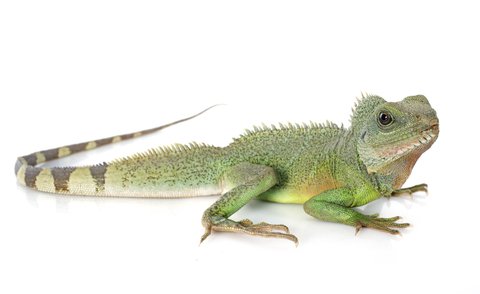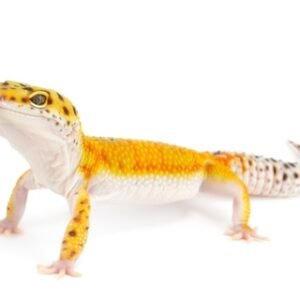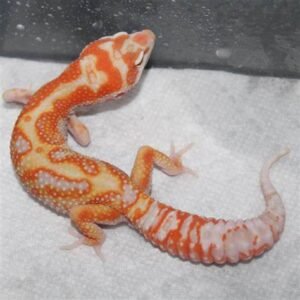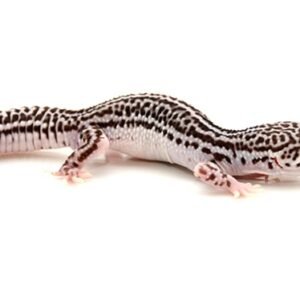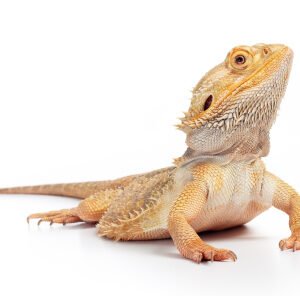Understanding Water Dragons: Characteristics and Behavior
Water dragon , scientifically known as Physignathus lesueurii, are fascinating reptiles native to Australia and parts of Southeast Asia. These lizards primarily inhabit humid environments such as rainforests and near water sources, which significantly influence their behavior and physical characteristics. Recognized for their striking green and brown patterns, water dragons can grow up to three feet in length, with males typically larger than females. They possess long, distinctive tails that assist in swimming, a crucial adaptation to their natural habitat.
One of the most notable aspects of water dragons is their social nature. In the wild, these reptiles are often found basking in groups, displaying a behavior that allows them to establish social hierarchies. Captive water dragons also exhibit similar social interactions, making it essential for owners to provide adequate space and opportunities for interaction. While water dragons can thrive in pairs or groups, conflicts may arise if territorial disputes occur, particularly among males. Hence, understanding their social dynamics is vital when deciding to keep these lizards as pets.
Dietary requirements are another critical factor for the successful maintenance of water dragons. In the wild, they are omnivorous, consuming a diverse diet that includes insects, fruits, and vegetables. When kept as pets, providing a balanced diet rich in both protein and plant matter will promote health and vitality. Some owners may opt for commercially available lizard food, but fresh, whole foods should always be incorporated into their diet. Additionally, it’s crucial to ensure that water dragons have constant access to clean water, as they are semi-aquatic by nature.
Moreover, creating an appropriate habitat is essential for their overall well-being. Water dragons require spacious enclosures that replicate their natural environment, including climbing structures, hiding spots, and suitable humidity levels. This consideration not only facilitates their natural behaviors but also enhances their quality of life in captivity. Understanding these characteristics and behaviors of water dragons will significantly aid potential owners in providing the necessary care, ensuring these captivating reptiles thrive in their new homes.
Caring for Your Water Dragon: Housing, Diet, and Health
Caring for a water dragon involves a comprehensive understanding of their unique housing requirements, dietary needs, and health management. To provide an optimal living environment, it is essential to select a tank that is sufficiently spacious; a minimum of 75 gallons is recommended. Water dragons appreciate a combination of water and land areas, so incorporating both elements within the tank is crucial. Temperature control plays a significant role in their well-being; daytime temperatures should range between 80°F to 90°F, while nighttime temperatures can drop to around 70°F. It is advisable to use a reliable temperature gauge and a heat source such as a basking lamp to maintain these levels.
Humidity is another critical factor for water dragon care. Maintaining a humidity level of approximately 50-70% is vital. Regular misting of the enclosure can help achieve this humidity, alongside providing a water dish for soaking. Enrichment is equally important; adding materials such as branches, rocks, and plants will stimulate the water dragon’s natural behaviors and provide hiding spots for security.
Proper nutrition is key to maintaining a healthy water dragon. In the wild, these reptiles are omnivorous, feeding on a varied diet. A balanced diet for a pet water dragon should consist of a mix of leafy greens, vegetables, and protein sources, including crickets, worms, and specially formulated pellets. It is essential to ensure the food is appropriately sized to prevent choking and promote ease of consumption.
Monitoring the health of your water dragon is crucial. Common health issues may include respiratory infections, metabolic bone disease, and skin problems. Regular check-ups with a veterinarian experienced in reptiles are important for preventative care and addressing any concerns that arise promptly. Responsible pet ownership involves remaining informed about the needs and possible health issues of water dragons, ensuring they live a fulfilling and healthy life in your care.

